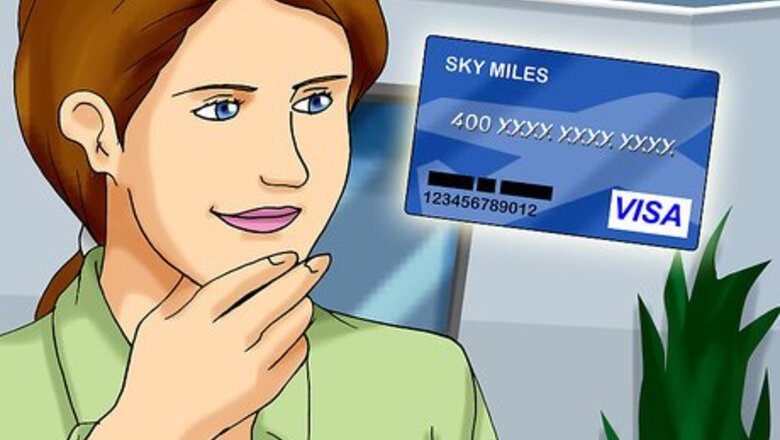
views
Calculating Whether or Not You Should Buy Miles

Check how many points you need. You might have some miles already saved but fall short of what you need to buy a ticket. For example, you might need 15,000 points to get a ticket. You have 10,000 points already, so you’re 5,000 short. Should you buy the 5,000 points? To find out, you’ll want to identify how much your current miles saved will be worth. This is called the “redemption rate.”

Find the price of the ticket. Identify what the ticket costs, because you’ll need this information as part of your calculation. Imagine, for example, that the ticket costs $500.

Check how much you’re paying for the extra miles. You need this information as part of your calculation as well. For example, you might need to buy an additional 5,000 points in order to get the ticket. Let’s say the points cost $100 to get.
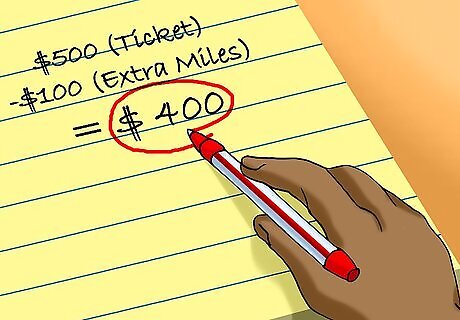
Subtract the cost of the extra miles from the ticket price. For example, your ticket costs $500 and you paid $100 for the extra miles. You subtract $100 from $500 and get $400.
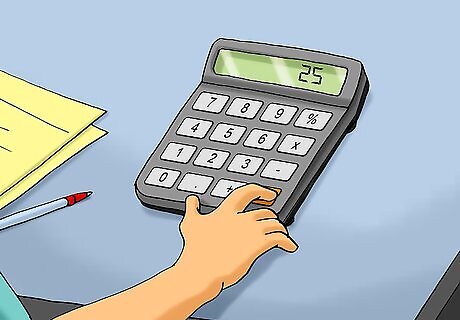
Divide by the number of miles you’ve saved. In our example, you’ve already saved 10,000 miles. Divide $400 by the number of miles you have saved. This works out to a redemption rate of 0.4 cents per mile—which is a terrible deal. If the redemption rate is only two to three cents a mile, then you basically aren’t getting ahead at all. Airlines generally sell miles at 3 cents per mile. However, the value of the mile is roughly 1.2 cents.
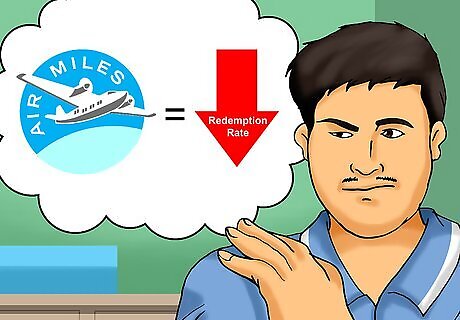
Avoid buying miles if the redemption rate is too low. It’s a good idea to buy extra airline miles if the redemption rate is at least 10 cents a mile. For example, imagine if the ticket was worth $2,000 instead of $500. If everything else was the same, your saved miles would be worth 15 cents a mile, which is an excellent deal. If your redemption rate falls between three and ten cents, then it’s up to you whether to buy miles. Consider alternatives first.

Buy miles when special deals are offered. Most airlines have specials where you can earn bonus miles. For example, you’ll buy 60,000 miles and then get 50% (or even 100%) more. Look for these specials, since they reduce the amount you pay per mile. Remember to buy with your rewards credit card. This way, you’ll earn rewards on your credit card as well.
Considering Alternatives

Wait. Many airlines have eliminated the expiration date on miles and points, so there’s no rush to buy extra miles if you are a little short. Instead, you can continue to accrue miles until you have enough for a ticket. If you are an infrequent flyer, then things might be different. For example, you might be planning on only one trip for the next ten years. In this situation, you might want to buy whatever miles are necessary to purchase a ticket.
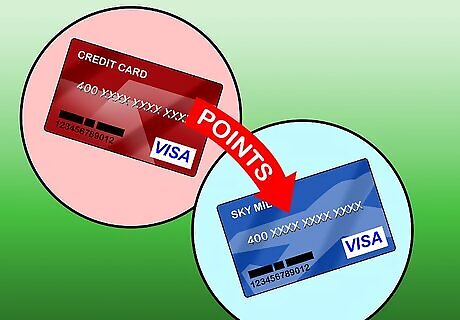
Transfer your miles or points. Your credit card might let you transfer your points to a different card. If you do, you might be able to top off a different reward balance, which is probably a better deal than buying miles.

Spend at a mileage mall. Most airlines partner with retailers, and you can earn points or miles when you shop. If you’re short a few thousand miles, do more shopping at a mileage mall. If necessary, you can start holiday shopping early to rack up miles.

Switch to a different program. The purpose of a loyalty program is to help you save money. If all you do is spend more money to get rewards, then the program probably isn’t for you. Shop around to see if you can find a better one.



















Comments
0 comment